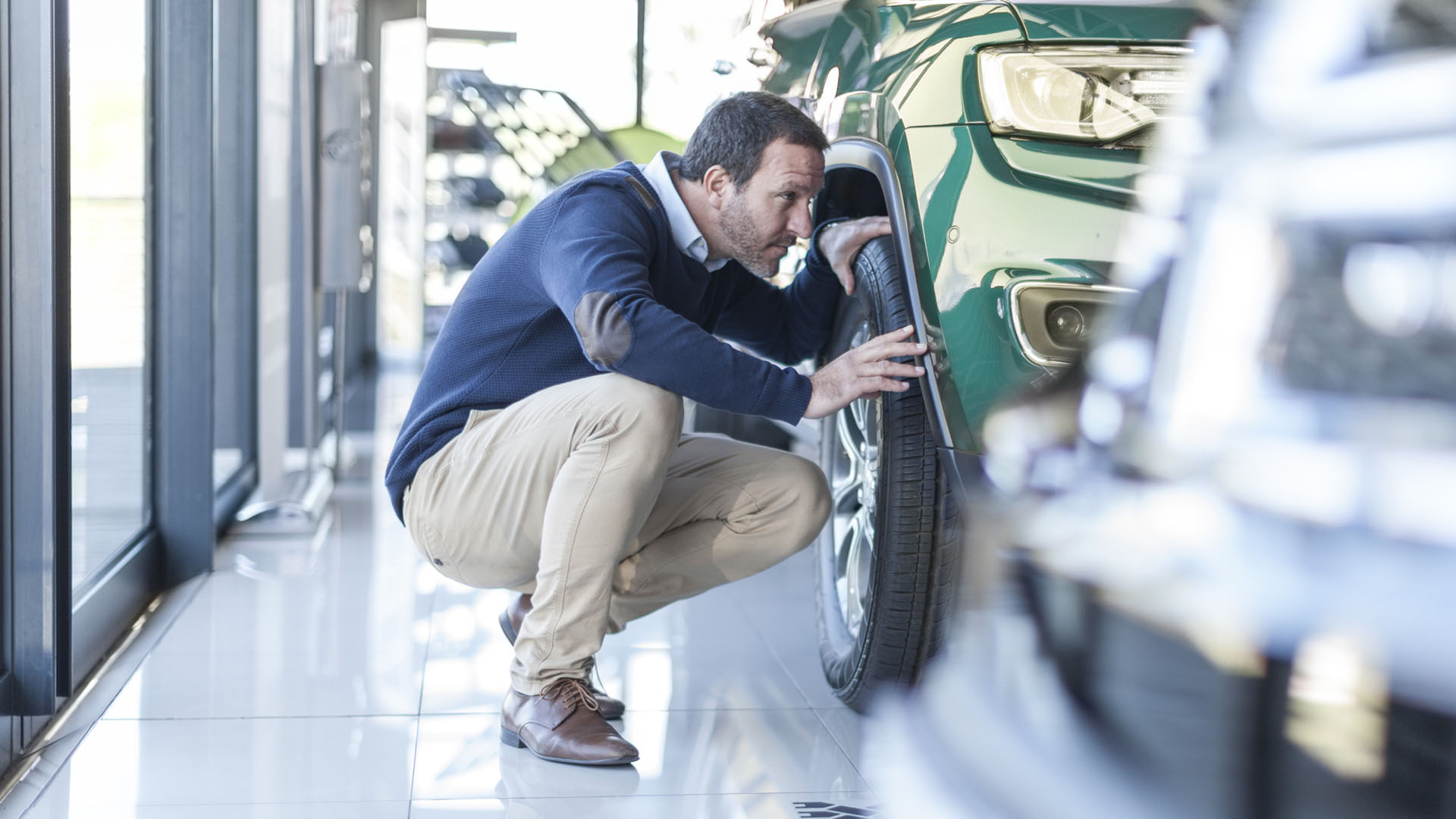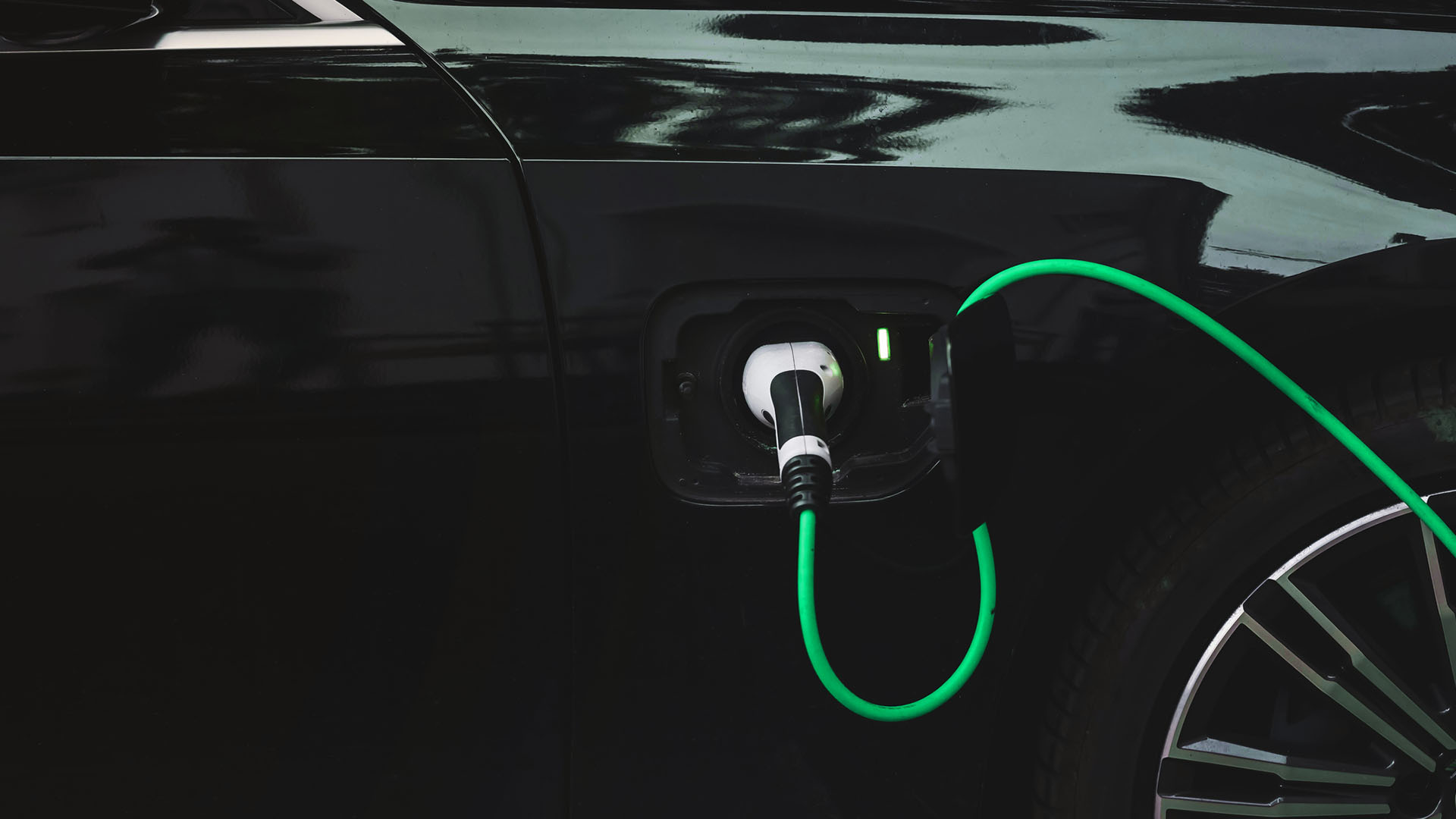The rising cost of fuel in South Africa is a constant source of frustration for motorists. Frequent increases in petrol and diesel prices add a nasty unpredictability to moving from point A to B, which our vehicles should make easier, not more stressful.
Cars are supposed to be the most convenient transport choice – they should allow you to travel to work, shop at the mall, drop off the kids at school, visit friends and relatives, or take off on new adventures according to your own schedule.
That convenience disappears if running a vehicle becomes unaffordable, so we’ve put together 7 tips that can help you spend less on fuel.
1. Make better choices when buying fuel
If you buy fuel at BP and pay with your Nedbank Greenbacks-linked debit card, you automatically receive 25c cash back per litre into your Greenbacks account. With your Greenbacks SHOP Card you can use accumulated Greenbacks to pay for fuel at any petrol station that accepts American Express or withdraw Greenbacks as cash at an ATM.
2. Maintain your car regularly
Cars should be serviced at regular intervals – usually after every 15,000km – whether old or new, no matter how well they are running. Changing the oil in the engine and transmission and topping up the radiator, brake and other vital fluids, which are all part of a routine service, noticeably improve the fuel efficiency of a vehicle. Better fuel efficiency translates into more bang for your fuel buck.
3. Check your tyre pressure often
This is a healthy habit to get into every time you fill up. Keep your tyres inflated to the recommended pressure to use less fuel and get the longest use out of them. You can find the recommended tyre pressure in the vehicle manual, and sometimes in a label on the driver’s door or the fuel cap cover. You can also find the optimal tyre pressure for your model on the manufacturer’s website – it will differ, depending on the car you drive.
Lift-sharing and public transport can also help you improve your neighbourly relationships and social skills
Under-inflated tyres increase your vehicle’s drag, raising fuel consumption. It can also lead to tyre failure on the road, potentially causing horrific accidents. Over-inflated tyres give you a bumpier ride, which compromises handling and creates uneven tread wear – problems that increase the risk of accidents, too. If you check your tyre pressure regularly, you’ll also notice slow leaks much earlier so you can fix the tyre before it becomes a potential hazard.
4. Ensure proper wheel alignment
Poor wheel alignment affects your car’s suspension and tyre health, and the added drag raises your fuel consumption. It makes the vehicle harder to control and less stable, so it increases your accident risk. Check your car’s wheel alignment regularly, after every 6,000 – 7,000km.
You can knock your wheels out of alignment by hitting pavements, uncovered manholes or potholes at speed – a constant possibility on our roads. If you hit one of these hazards and your car then starts pulling to one side, the steering wheel begins vibrating at higher speeds, or you notice uneven tyre wear, you should get your alignment checked.
5. Use your vehicle less
You need your car for daily convenience, but you may be able to reduce the number of trips you need it for. When planning errands, for instance, weigh up the urgency of each trip against the relative distance. Combining 2 or 3 errands in the same area on the same day saves you time and uses much less fuel than 3 separate trips on 3 separate days.
How about starting a lift club with colleagues or friends in your neighbourhood, if you all need to get to and from work along the same route every day? If you live in an area with reliable public transport, have you considered a bus, train or taxi to work instead of your car, especially if you don’t have any off-site meetings? Lift-sharing and public transport can also help you improve your neighbourly relationships and social skills.
If you’re fit and able, and you live in a safe environment, how about walking to the shops or any destination less than 20 minutes away? Apart from saving fuel, walking is healthy exercise. If that’s not convenient, you can always shop on our amazing lifestyle app, Avo SuperShop, and have the goods delivered to your door. With great deals, huge range of products and services, frequent specials, and the chance to earn Greenbacks by paying with your Nedbank credit card, Avo is the one-stop online shop that helps you drive less.
It might be time to reconsider the running costs of your vehicle
Driving less often means that your car will last longer and cost less to maintain, and since the average distance you drive every month affects your car insurance premiums, you should see cost savings there too. Most importantly, driving less means that you’re reducing greenhouse gas emissions, so it’s a vital factor in the fight against catastrophic climate change.
6. Adopt better driving habits
When the weather is hot and humid, it’s tempting to drive with windows wide open, but this adds to the car’s drag and pushes up your fuel consumption. Drive with your windows closed, but don’t compensate by setting your air conditioner on ‘freezing’. That also burns more fuel, so it’s best not to use it at all – but in South Africa’s summer heat, that may not be an option. Set the aircon at a comfortable but not extreme level.
Most vehicles are most fuel-efficient when driven at a steady 50–80km/h, with engine revs kept at around 2,000rpm and pushed to no higher than 3,000rpm when accelerating. If you’re cruising on open roads and there isn’t much traffic, it’s more fuel-efficient to set cruise control and maintain a constant speed.
Whenever possible, avoid decelerating by braking. If you keep your eyes on the road and read traffic patterns, you’ll learn to slow down when required by simply taking your foot off the accelerator and coasting until you’ve reduced speed, instead of using your brakes.
Load also plays a huge role in fuel consumption – a mid-size car uses about 1% more fuel for every 25kg of weight it carries. Avoid carting around unnecessary clutter in your car just because you can’t be bothered to unload it and store it at home. If you’re carrying more people or goods than usual, ensure that your tyre pressure is at the correct level for the increased weight.
7. Consider switching to a more fuel-efficient car
It’s hard to predict the future, but rising fuel prices aren’t going away anytime soon. It might be time to reconsider the running costs of your vehicle. If you trade it in to buy a more fuel-efficient car, there will be extra costs now, but the amount you will save by buying less fuel in the long run could balance that out.








